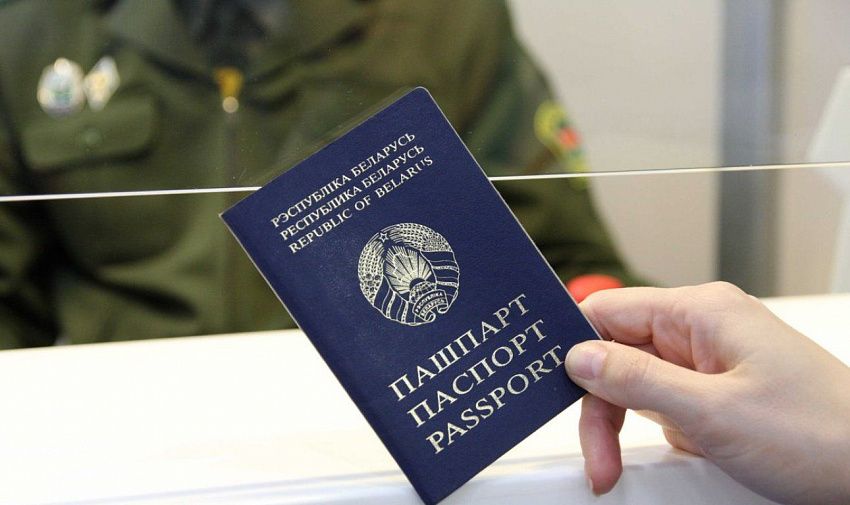The Third Reich, USSR, Russia. The ‘wheres’ and ‘hows’ of denaturalization

Belarusian law-enforcement suggests stripping people of citizenship for “hating Belarus” / internationalwealth.info
This October, a high-ranking police officer proposed to denaturalize the Belarusians who fled the country. Vyachaslau Arlouski, head of the Main Directorate for Combating Organized Crime and Corruption, said: “Those people hate Belarus and serve the interests of the Western countries.”
The amendments to the citizenship law, effective from June 2021, do not apply to those who acquired citizenship by birth but those who obtained it in other ways. Under the new provisions, a person can lose citizenship if they “were found guilty of committing several crimes: extremist, terrorist or other ones that inflicted severe damage on Belarus.” We have, however, yet to hear about any court decisions that ended up this way.
Euroradio takes a look at who did it in the past and what countries apply denaturalization to their citizens.

The Third Reich
In the space of the 12 years that the Third Reich existed, it stripped nearly 39,000 people of its citizenship. The thing is, starting July 14, 1933, a “law on the revocation of naturalization and the deprivation of German citizenship” was in effect in Nazi Germany.
The Nazis were quick to use it. In a month and a half, on August 25, 1933, a list with 33 names was published. Those were the newly denaturalized citizens of the Third Reich: famous novelist Lion Feuchtwanger, the first chancellor of the Weimar Republic Philipp Scheidemann, Heinrich Mann, a writer and a brother of a Nobel Prize winner Thomas Mann, denaturalized later, and other outstanding German intellectuals of the time.
The Nazis signed off such a list for the last time on April 7, 1945, a month before the Reich collapsed. Over the years, the Nazis managed to denaturalize Bertolt Brecht, Albert Einstein, Erich Maria Remarque, Stefan Zweig, Hannah Arendt, Willy Brandt and others.
USSR
Throughout its history, the USSR used denaturalization as a political repression mechanism against those “opposed to Soviet rule.”
Enter 1922 and ‘The Philosophy Steamer, one of the first major incidents of the kind. Around 200 people were stripped of their citizenship and expelled from the USSR on a boat. These were the “anti-establishment” intellectuals: writers, philosophers, scientists.
Overall, the USSR denaturalized tens of thousands of people, including Solzhenitsyn, Rostropovich, Voinovich, Lyubimov, etc.

Western Europe
These days, Germany can strip people of their citizenship if they fight for the terrorists. Similar laws are in force in the UK. Starting 1981, the MIA can denaturalize anyone if it’s “conducive to the public good.”
One of the most notable recent cases is Jack Letts. Better known as Jihadi Jack, he fought for ISIS and got deprived of his British citizenship for that. Another one is Anna Chapman, a Russian intelligence agent who also was denaturalized by the UK.
Post-Soviet countries
Some of the post-Soviet countries also have similar laws. In Azerbaijan, denaturalization is automatic if a person is accused of terrorism, religious extremism, or propagation of hostile religious movements.
Kazakhstan’s penal code has certain amendments that list denaturalization as a punishment for “severely harming the seminal interests” of the country. One of these crimes is an attempt on the life of the first president, Elbasy Nursultan Nazarbayev. Mind you, capital punishment, which is a death sentence, is also a possibility in this case.
Since 2017, one can lose Russian citizenship as well. The reasons include providing law enforcement with knowingly false information, “terrorism, and crimes against the constitutional order of Russia.” Denaturalization happens in courts. At the same time, a person stripped of citizenship may not be evicted from the country.















